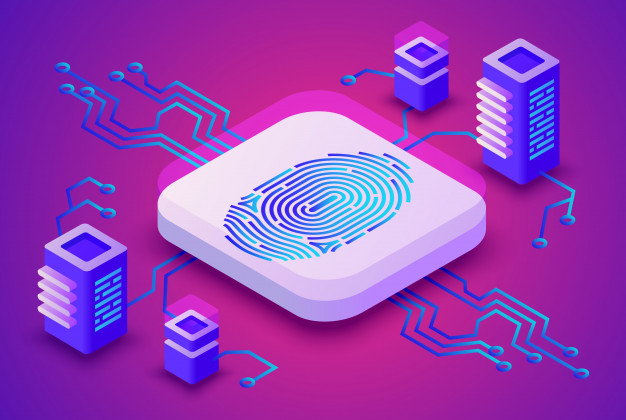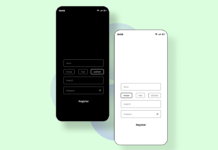Anyone who uses the internet on a regular basis, whether using a computer or smartphone is at risk of hackers and other unsavory characters gaining access to their information. Today we rely on technology more than ever, with our whole lives being held on smartphones. So the answer to the question of is our data safe in a technology-driven world is no, not without taking great care.
Thankfully, there are some steps that we can take to make sure that information remains safe and we are going to look at what we can do right here.
What happened to the internet being a safe place?
The sheen began to wear off the internet from the late 90s when the internet became accessible in almost every home and smartphones with the latest tech began to arrive on the market. Today, smartphones are more like mini-computers; anything that can be done on a computer can be done on a phone.
A criminal element began to emerge taking full advantage of technology for their own devious uses infiltrating computers and phones to gain access to personal details and information. While once, the anti-virus and malware software that came pre-installed on computers was enough to protect you, today this simply is not enough. So what can be done?
Firewalls and anti-virus
Anti-virus and firewalls still have a place in helping you to remain safe and secure online, however, the free ones that come with Windows may not be adequate.
With this in mind, you might want to pay out for good quality software from companies that specialize in that type of software. Of course, if you do want to rely on whatever comes with your computer when you buy it, you do need to check that the firewall and anti-virus are enabled, and the program is set up to constantly update itself against new viruses and attacks.
Use strong passwords and different passwords
You might be surprised by how many people use easy to guess passwords; this includes 12345, their own names or date of birth. It does not take a criminal mastermind to guess these passwords, so hackers will have no trouble in guessing them.
Some people also use the same password for numerous accounts. If hackers guess your password, they can access any account on which you use the same password.
With this in mind always choose secure un-guessable passwords and never use the same password twice.
Where possible always use two-step authentication, which means you have to type in another code usually sent to your phone, to gain access to accounts.
Be wary of phishing emails
Hackers are very clever people and they often send out emails that look as though they have come from legitimate sources. This includes your bank, PayPal account, tax or other accounts.
Often emails will say your account has been compromised and you have to change your username and password and they provide you with a link to do so.
However, all that happens is you visit the spoof site from the link and the hacker gets access to your account. In the case of your bank or PayPal account, it might end up costing you thousands of pounds before you realize your account was compromised.
Never click on links sent by email asking you to change your passwords. Instead, visit the HTTPS site yourself outside of the email and find out if they have sent you an email requesting the change.
Use a VPN
An excellent way to protect yourself online is via a VPN aka a Virtual Private Network.
Be wary of free ones though as they often log your activities. A well-paid VPN provider offers military-grade encryption to ensure your data remains safe and secure. Even if hackers were to be able to get hold of it, they would not be able to decipher it.
A VPN can be installed on a computer, smartphone, router, and many other devices thanks to simple and easy to install apps. With the above solutions in place, you can remain safe in a technology-driven world.








